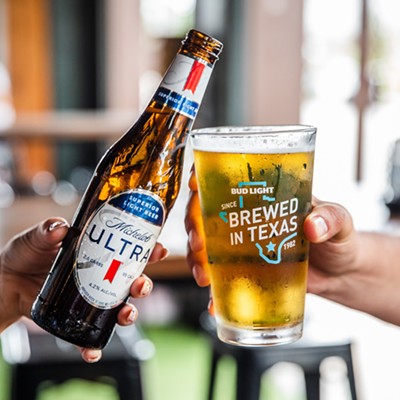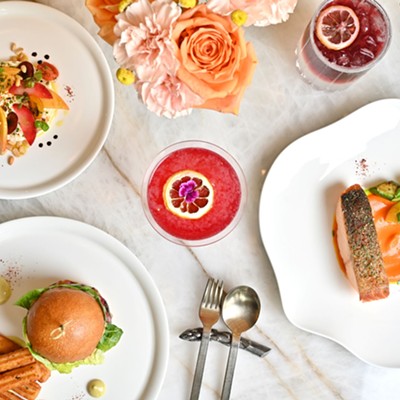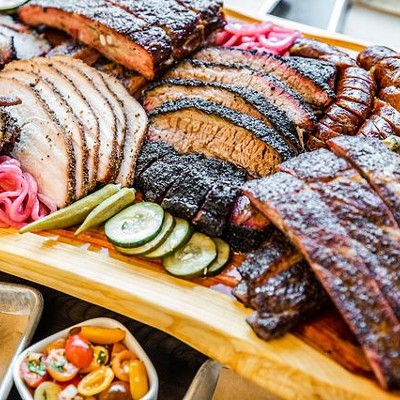Support Us
Houston's independent source of
local news and culture
account
- Welcome,
Insider - Login
- My Account
- My Newsletters
- Contribute
- Contact Us
- Sign out
[
{
"name": "Related Stories / Support Us Combo",
"component": "11591218",
"insertPoint": "4",
"requiredCountToDisplay": "4"
},{
"name": "Air - Billboard - Inline Content",
"component": "11591214",
"insertPoint": "2/3",
"requiredCountToDisplay": "7"
},{
"name": "R1 - Beta - Mobile Only",
"component": "12287027",
"insertPoint": "8",
"requiredCountToDisplay": "8"
},{
"name": "Air - MediumRectangle - Inline Content - Mobile Display Size 2",
"component": "11591215",
"insertPoint": "12",
"requiredCountToDisplay": "12"
},{
"name": "Air - MediumRectangle - Inline Content - Mobile Display Size 2",
"component": "11591215",
"insertPoint": "4th",
"startingPoint": "16",
"requiredCountToDisplay": "12"
}
,{
"name": "RevContent - In Article",
"component": "12527128",
"insertPoint": "3/5",
"requiredCountToDisplay": "5"
}
]
Jonathan’s The Rub is in the sleepy Hedwig Village area just off I-10 West but at lunchtime on a Monday, it’s downright bustling. After being part of the community for almost a decade, it’s become a neighborhood favorite. It’s chef and owner, Jonathan Levine, has been a Houstonian for 15 years.
He’s a big Jewish guy from Brooklyn. The Brooklyn part is obvious as his time in the melting pot of Houston has done little to temper his accent. He was born in 1953 in a community called Sea Gate at the far western end of Coney Island.
“It’s right by the ocean. I actually grew up with sand between my toes,” he said. “It’s an idyllic, beautiful place. We never locked our front door and the keys were left in the car. People don’t imagine Brooklyn being like that, but the neighborhood was 99 percent Jewish. Lots and lots of relatives lived there. My uncles, my aunts, my grandparents all lived within walking distance. New York in the 1950s and 60s was all peace and love. We hadn’t gotten to the Woodstock stuff yet but I wouldn’t trade it for anything. It was very warm.”
Both of Levine’s parents cooked. “My father was the perfectionist. My mother was ‘get the food on the table and try to make it good’ whether it was Jewish-oriented food or Italian. Those were the things we ate most—a bowl of spaghetti with meatballs—standard fare. In Brooklyn, Italian is like what Mexican food is in Houston. It’s the go-to.”
Levine left his childhood home of Brooklyn for college in Boston. According to him, he majored in partying for a few years before settling down and getting a Bachelor of Arts in history—a far cry from the culinary world. “Liberal arts seemed more interesting to me than a career-oriented major,” he explained. “I just wanted to learn about the world.”
In his sophomore year of college, though, Levine already had an inkling about where his future would lie. He figured out he had a natural aptitude for cooking. “I knew how to put flavors together and what would make stuff good. I cooked for my three roommates my sophomore year and got into stir frys. I bought a wok. I’d go to the library and read Good Housekeeping and Julia Child. I’d buy the ingredients and cook for my roommates. It became a thing. I’d have my laundry done, my room clean, a couple of essays written and then I’d cook. I’d do a different sauce every night.”
His studies of history piqued his interest in other cultures even further. Levine went from stir frys to Thai—still a fairly exotic cuisine in America during the mid-1970s. He told us he ended up with two master’s degrees: one in international business and another in Far Eastern studies. “The only thing I do with my international business degree these days is cook international food,” laughed Levine.
After graduation, he says he entered the world of physical commodity trading, specifically the synthetic resins used for making plastics. “We’d play longs and shorts,” explained Levine. “One country had it, another country needed it and we’ll broker in-between.” He did that work for three years, he says. It was interesting at first, but he says he was put off by the corruption in the industry. “I didn’t want to feel that way. It wasn’t natural to have to pay someone off or work a side deal. I just wanted to do pure business.”
Disillusionment led him back to his first love: cooking.“I would have been a lot wealthier if I’d done that instead of doing this,” mused Levine. He has no regrets, though. “It just wasn’t me,” he said.
A friend in the real estate business found a restaurant in Cape Cod for sale. “That’s where you go to the beach. The thought of owning a restaurant on Cape Cod was like, “Whoa!’” said Levine. It was a very expensive proposition. Levine was prepared to pay $300,000. Unfortunately, the best his broker friend could do was $45,000 higher than that—a price Levine was not prepared for. “I had to beg, borrow and steal. $300,000 was out on a limb!” he exclaimed.
Still, the restaurant was great. It was on a golf course—a perk for Levine, who was an active golfer at the time. He started with simple fare—egg sandwiches and omelets for breakfast, sandwiches for lunch. Soon, he added dinner, then a raw bar and happy hour. (Seafood only made sense at such a coastal destination.) Next, he built out the basement into a 100-seat room for special dinners and events. The restaurant became quite popular.
A company called Country Clubs Of America approached Levine with a purchase offer, he says. They specialized in restaurants on golf course, so his was a perfect fit for their business. He accepted the deal and says he sold the place.
His next endeavor he says was buying Union Street Kitchen, which he renamed Union Station. It was an Italian place with a heavy bar scene and was also on Cape Cod. History repeated itself. According to Levine, after building it up to success, he got another offer he couldn’t refuse and sold that place, too.
His final place on Cape Cod was called King’s Way. It was a 200-seat club house facility at a country club on a knoll that overlooked the bay. “It was tremendously picturesque,” he reminisced. The facility hosted weddings and bar mitzvahs. There was a separate bar and cigar room. “It was a lot of work,” said Levine, “but we closed two months. Everything on Cape Cod closes in the winter, so we worked every day except for two months.”
In the meantime, though, Levine’s marriage of nine years was failing. He and his wife separated, then divorced. “I ended up handing her the keys to the restaurant. I set up a management company to take care of it and came to Houston. That was in July 2000.
Houston didn’t acquire Levine under the best of circumstances but perhaps it was simply meant to be. His sister and her husband lived here. His mother moved to Houston to follow his sister and Levine’s first exposure to it was when he drove her car here during the move. After his divorce, Houston seemed the best place to heal, reorient and rebuild.
He took his time during the road trip, stopping at a number of restaurants and barbecue joints along the way, many off the beaten path. He visited Memphis and Kansas City. He fell in love with the white barbecue sauce of Birmingham. “It was over-the-top.” he said. “It’s a mayonnaise-based sauce. Crazy, but it’s absolutely killer. I do it here [at Jonathan’s The Rub] on occasion.”
KEEP THE HOUSTON PRESS FREE...
Since we started the Houston Press, it has been defined as the free, independent voice of Houston, and we'd like to keep it that way. With local media under siege, it's more important than ever for us to rally support behind funding our local journalism. You can help by participating in our "I Support" program, allowing us to keep offering readers access to our incisive coverage of local news, food and culture with no paywalls.
Phaedra Cook
Contact:
Phaedra Cook
Trending Food & Drink
- Openings and Closings: Plume Debuts, Seaside Poke Spring Branch
- Meet the First Families of Houston Food
- Houston’s 5 Best Weekend Food Bets: Houston Restaurant Weeks Makes its Debut
-
Sponsored Content From: [%sponsoredBy%]
[%title%]

Don't Miss Out
SIGN UP for the latest
food & drink
news, free stuff and more!
Become a member to support the independent voice of Houston
and help keep the future of the Houston Press FREE
Use of this website constitutes acceptance of our
terms of use,
our cookies policy, and our
privacy policy
The Houston Press may earn a portion of sales from products & services purchased through links on our site from our
affiliate partners.
©2024
Houston Press, LP. All rights reserved.




